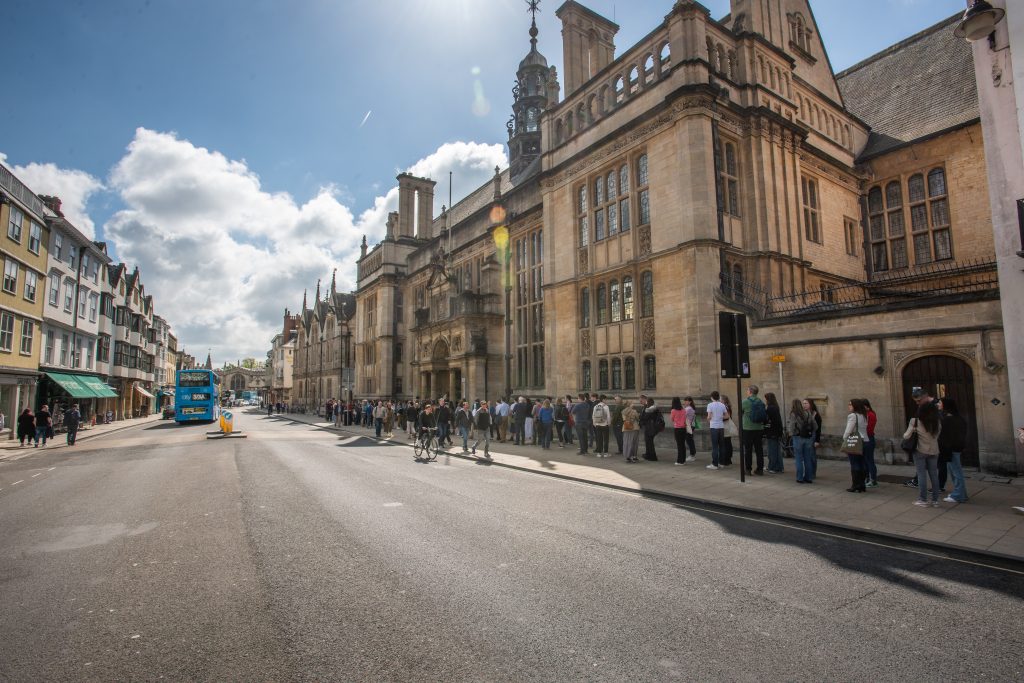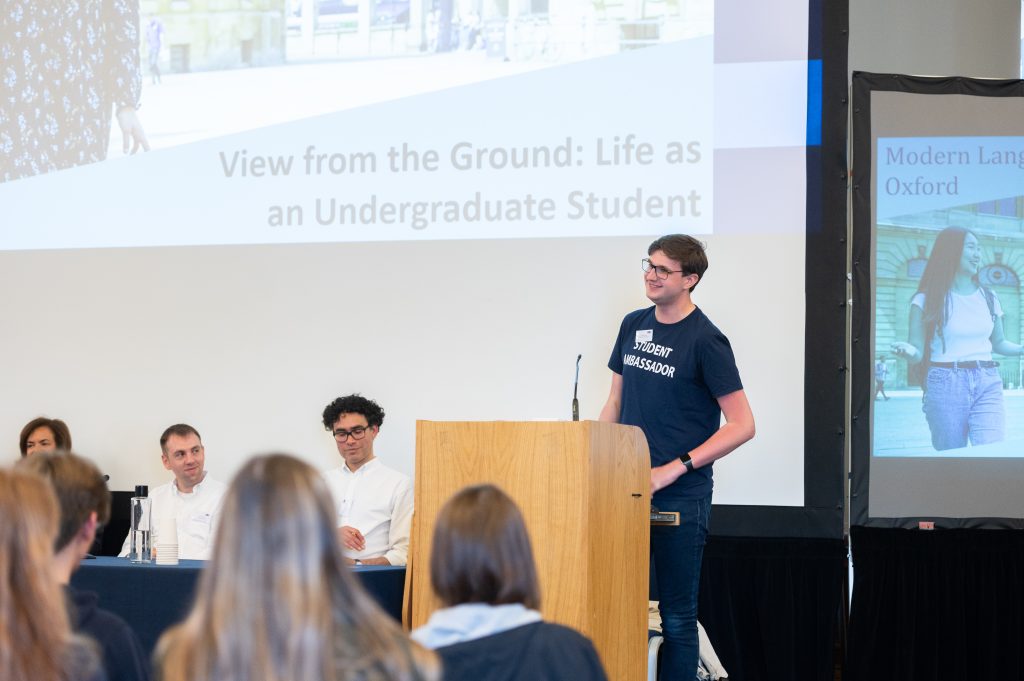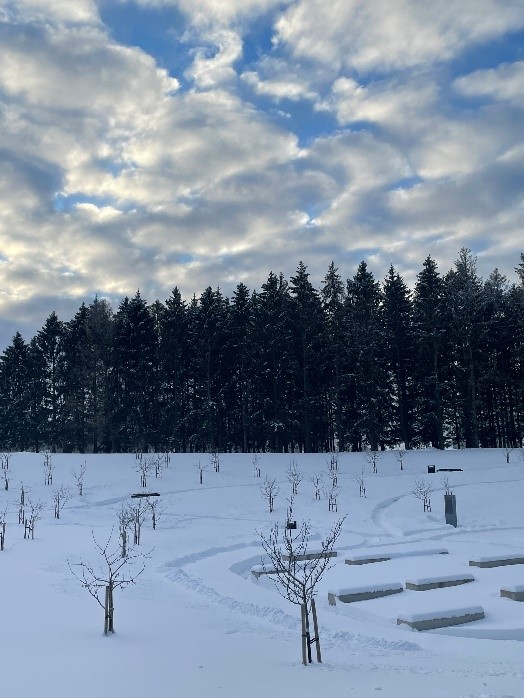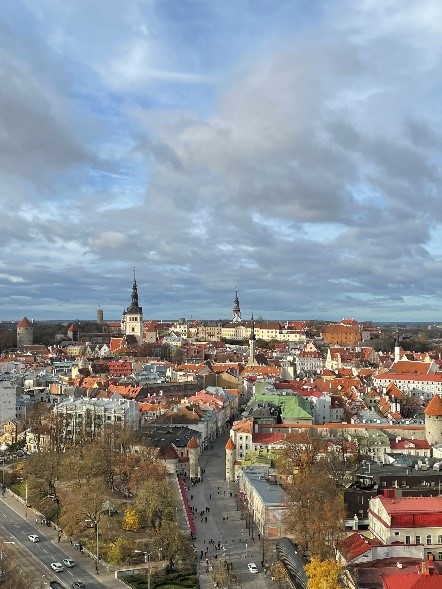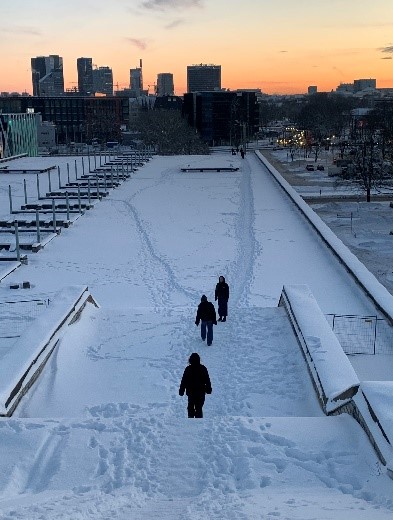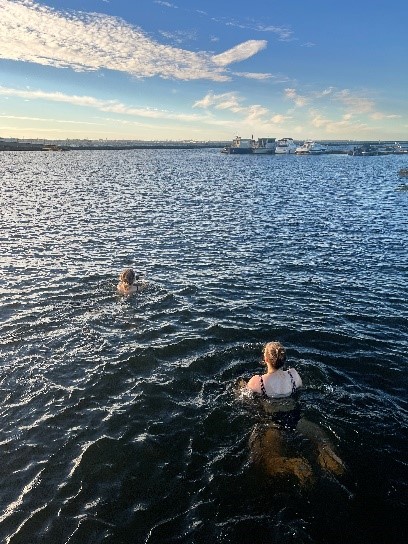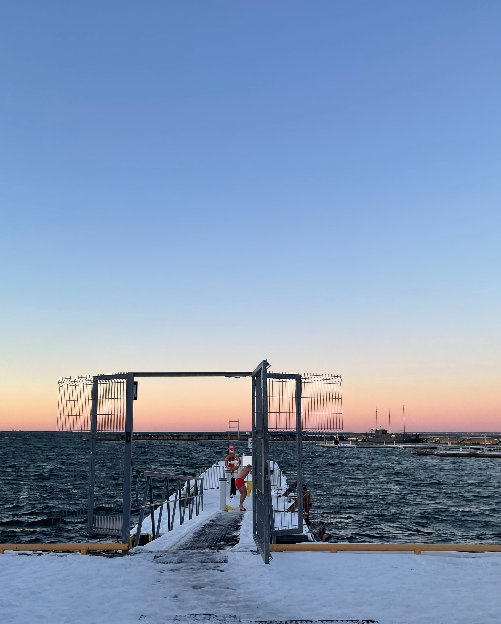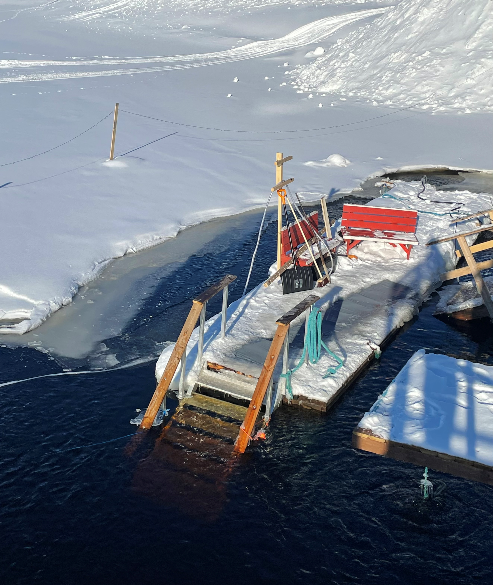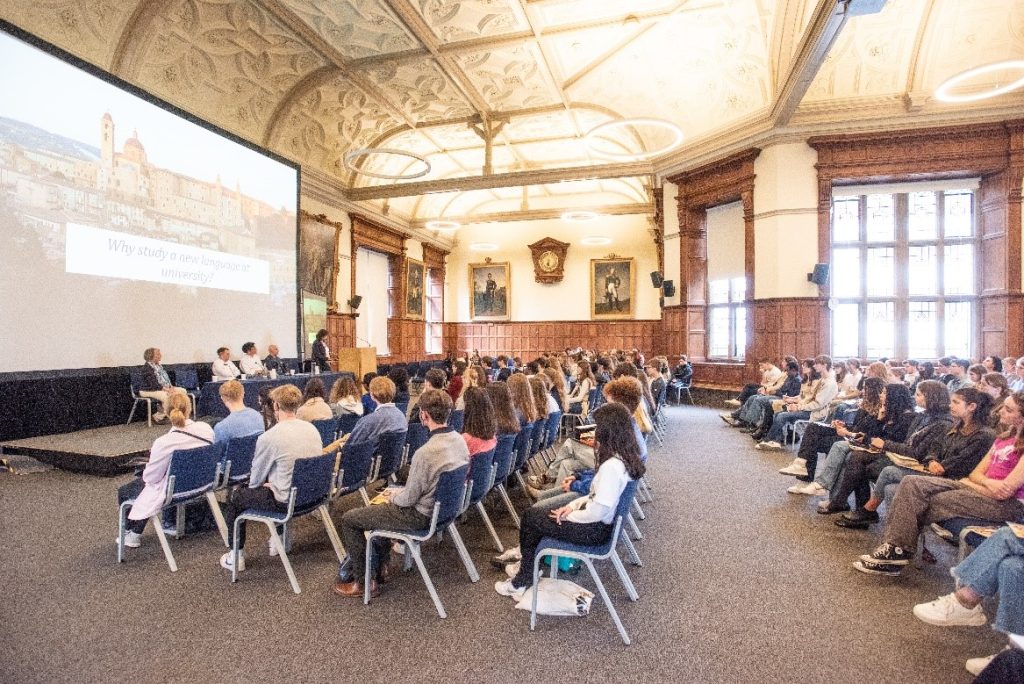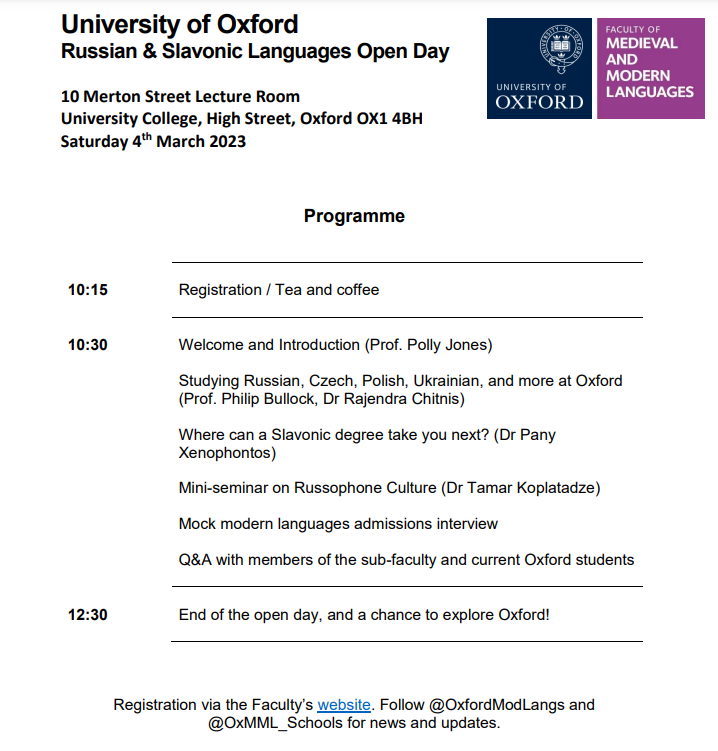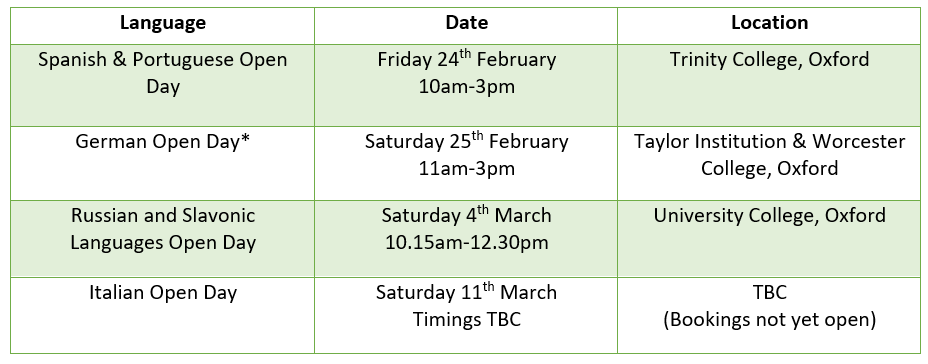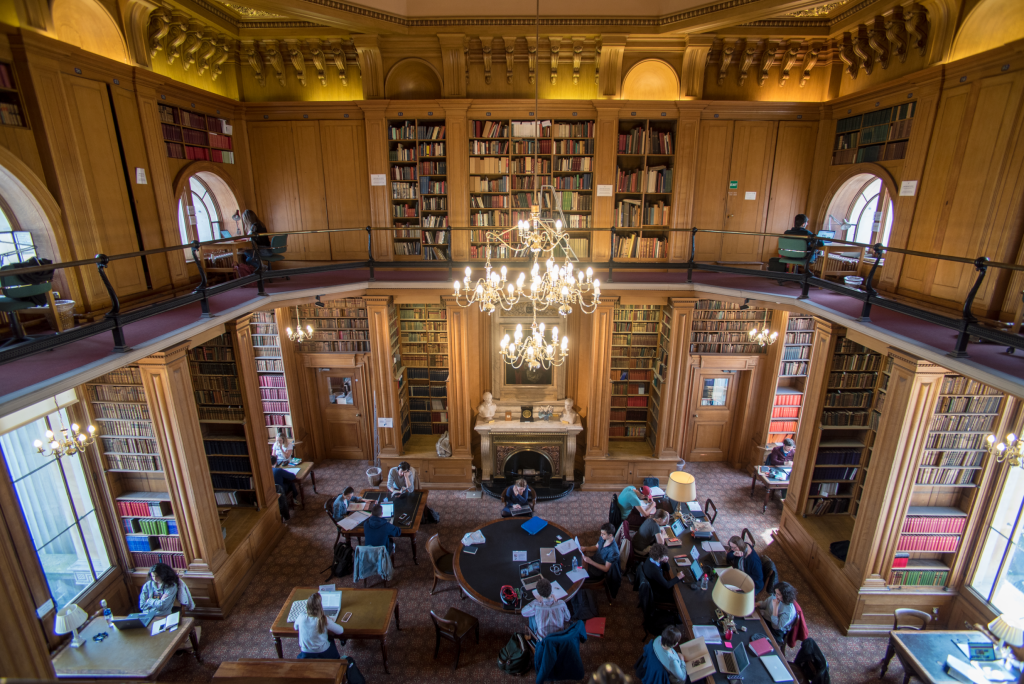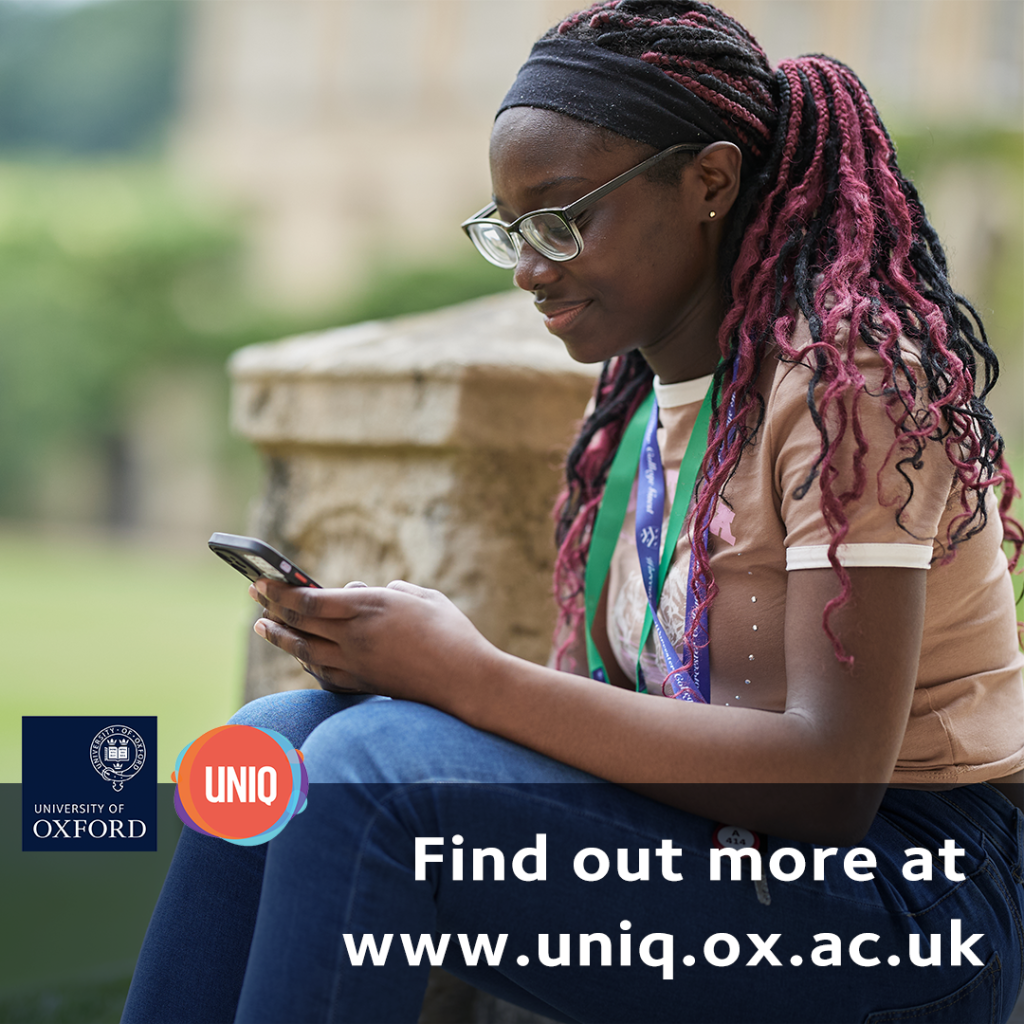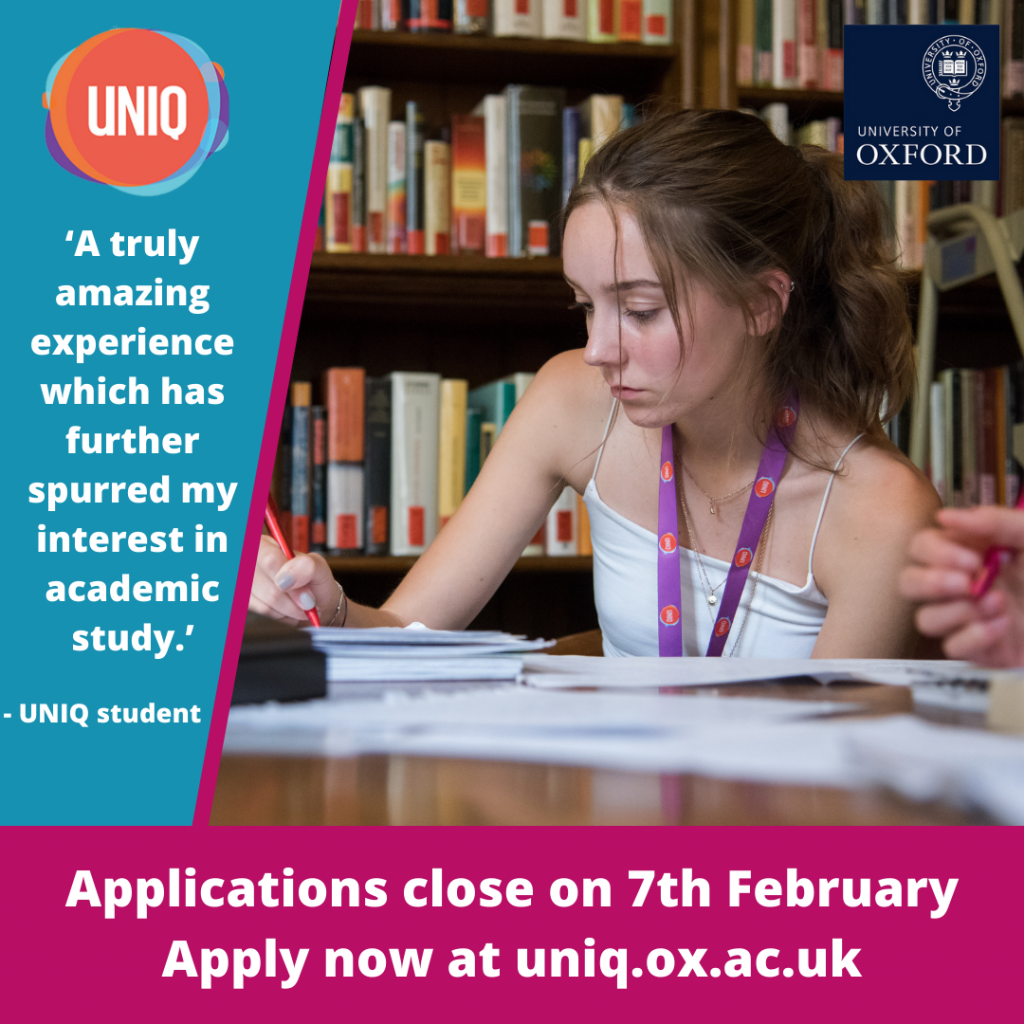On Saturday 7th March 2026, the Faculty of Medieval and Modern Languages will be holding its annual Beginners’ Languages Taster Day, an event dedicated to our beginners’ languages courses. This event offers students from UK secondary schools in Year 12 or equivalent an opportunity to gain greater insight into studying a language from scratch at Oxford. Students in Year 11 who are starting to consider their options for university are also welcome to attend.
Our beginners’ languages degree courses offer an exciting and rare opportunity for undergraduates to study a new language from scratch and engage with new cultures along the way, or to pick up languages they learned up to GCSE but could not continue at school. The courses are challenging yet rewarding, with many designed to bring students up to A-level standard within the first year.
The Taster Day will take place in the University’s brand-new Humanities building, the Schwarzman Centre for the Humanities. After an information and Q&A session in the morning, students will have the chance to attend taster sessions in two of our beginners’ languages. There will also be a Q&A session for companions in the afternoon which offers parents/guardians/teachers the chance to ask a panel of academics, undergraduates, and Faculty staff questions about supporting their children/students through applying to and studying at Oxford.
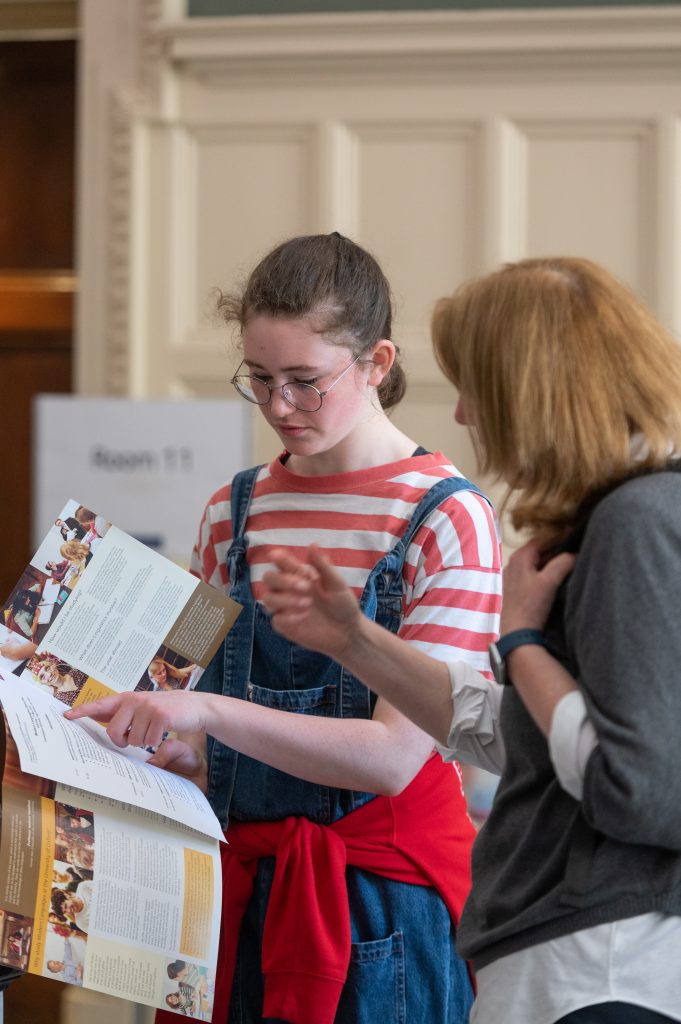
photo (c) John Cairns
The following languages will be represented at the Taster Day, with academics and current undergraduates present to provide further information about the course(s) and to answer students’ questions:
- German
- Portuguese
- Italian
- Russian
- Czech (with Slovak)
- Modern Greek
- Polish
The provisional event programme for 2026 can be found here.
To register for the Taster Day, students should fill out this form by 12 noon on Friday 13th February so we know who to expect at the event. Please note that spaces will be allocated on a first-come, first-served basis, and the form will close once our maximum capacity has been reached.
For any queries or booking amendments, please get in touch with Nicola at schools.liaison@mod-langs.ox.ac.uk.
We are also pleased to be able to help students who are in need of additional financial support with reasonable expenses such as travelling to and from Oxford for the event. There is a space to include this information in the registration form.
Studying a language from scratch at Oxford
Our beginners’ languages courses offer an exciting and rare opportunity for students to engage with a new language and culture for the first time, or to pick up languages they studied at GCSE. The courses are challenging yet rewarding, with many designed to bring students up to A-level standard within the first year. Therefore, we would love to welcome students who are strong linguists and/or who are looking for a new challenge at University to this event.
As well as alongside a post-A-level language, most of our beginners’ languages can be studied in conjunction with subjects from the Humanities such as English, History, Linguistics, or Philosophy, for which applicants do not need to be studying a language to A-level or equivalent. With this in mind, we would also welcome students of Humanities subjects who are interested in picking up a language at University.
For further inspiration and information, below are some links to content from our tutors and undergraduates about why taking a language from scratch is so worthwhile:
- Blog post – Why study Czech?
- Video – Branching Out: Picking up a language from scratch
- Video – Studying German for Beginners at Oxford:
We look forward to seeing you on 7th March!

